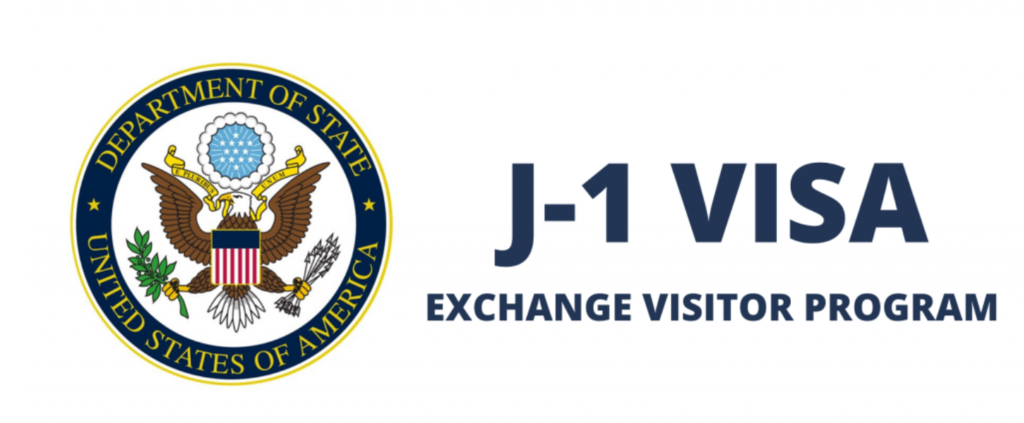TABLE OF CONTENTS
What further actions can I take to strengthen EB-1A case?
April 26, 2024

Engaging in Creative Documentation Methods:
You can assist your Lawyer in brainstorming innovative methods to substantiate the influence you’ve made in your field.
Your institution’s library or supplementary data may help bolster our assertions due to our limited access to extensive internet resources.
Utilizing Institutional Resources:
Consider visiting your institution’s library or accessing supplementary data to strengthen your arguments.
Beneficial Resources for Reference to strengthen EB-1A case?
Here is a compilation of resources that previous clients have found beneficial.
- ResearchGate provides statistics and metrics about article views, downloads, citations. *may also include citations not indexed in Google Scholar.
- Thomson Reuters & Web of Knowledge provides a number of analytics, including Eigenfactor rankings, which may be more significant for your field. Web of Knowledge also offers Research ID Labs, which creates a map of all the locations where a particular author has been cited. *may also include citations not indexed in Google Scholar.
- Academia provides author profiles and papers analytics.
- Google Scholar provides author profiles and calculates your H Index.
- Faculty of 1000 reviews of your papers.
- Altmetric scores, which rank individuals and papers by their online attention, including online news reports, tweets, citations, Facebook posts, etc., including maps of where each originated.
- Some publishers’ websites offer download counts for individual papers. Some journals may also release lists of the “hottest” or “most accessed” papers.
- World Cat shows what libraries in the US and abroad have copies of books/book chapters.
- Book publisher websites may include reviews of your book that could be helpful.
- JournalGuide.com includes acceptance rates, SNIP metric, and other data about the journals that have published your work.
- BookMetrix offers number of citations, downloads, and social media hits for scholarly books and book chapters.
- If you aware of patents, white papers, conference presentations, etc. that cite your work but are not indexed in Google Scholar, be sure to obtain copies.
- Scopus is an abstract and citation database of peer-reviewed literature. It provides a number of analytics, including journal metrics and citation counts.
- Publish or Perish is a free software program that retrieves academic citations from various databases and analyzes the results. It generates an author’s H-index, G-index, average citation count per year, and more.
Encouragement for Further Exploration:
While not all may be relevant to your situation, we highly encourage you to examine them and contemplate additional strategies for demonstrating your impact in your field.
For additional ideas for metrics, please see: https://guides.library.yale. edu/impact/measure
TAGS:






